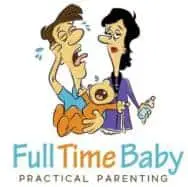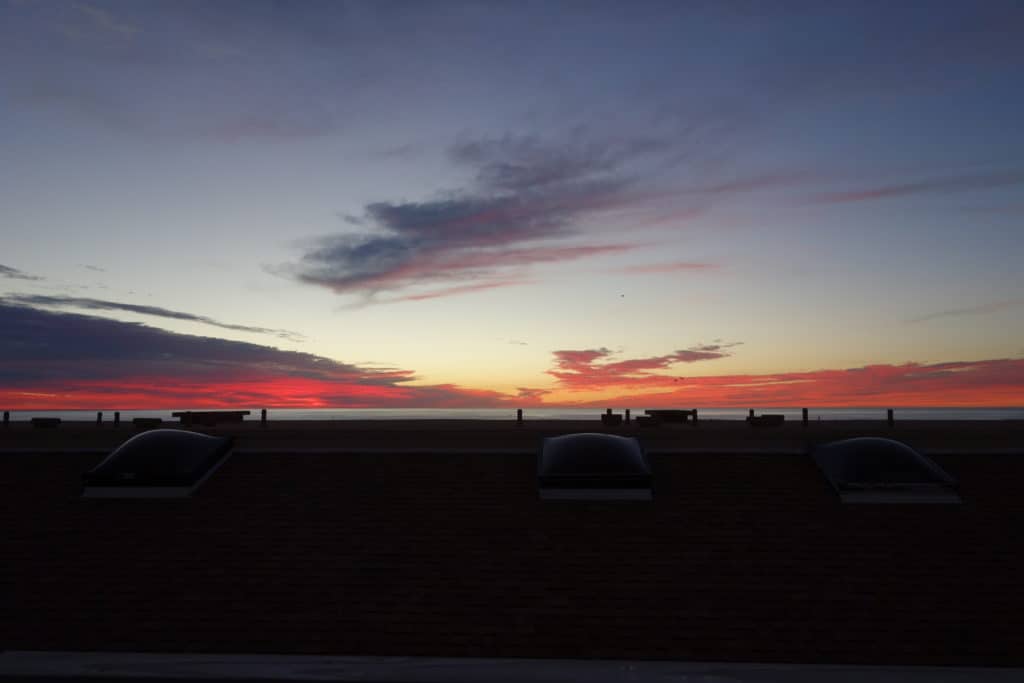It's been 10 years to the week of my father's passing. Although he was terminally ill, everyone in the family was attempting to live with a degree of normalcy-chemo treatments, endless doctor appointments, the shrunken apparition of my Dad notwithstanding. I'd even moved to Hong Kong and my parents planned a visit from the US, presumably approved by the doctors. There's no way to tell if that was really a good idea, but with terminally ill patients, the bar is usually fairly high for doctors to step in and intrude on the patient's wishes. At least in the US.
There's something called optimism bias that keeps most people going in life, the idea that the future holds more promise than the past, and that life keeps getting better. Out of all of the things taken away from a terminally ill patient, this can perhaps be the most debilitating.
My father was hospitalized twice during his stay here. The first time he was feeling weak, and we admitted him at a hospital on Victoria's peak. It was a nondescript hospital called Matilda practically perched in the clouds, known for a high quality standard of care. Getting there involved taking a car up winding tree lined roads, as if ascending to a forested vacation rental. After a brief stay we brought him back to my home, and life went on as usual for a few more days.
“I think something's wrong with your Dad.”
I rushed into the master bedroom framed by the picturesque harbour, with a sea view so deep that anyone on the bed could have pretended it was about to set sail. My Dad was laying motionless and unresponsive on his side, as if an errant dingy waiting to cast off, but without a rudder or captain. His eyes were wide open, and he didn't look panicked, but he couldn't move and despite the blinking, was clearly not responding cognitively.
We rushed him to the nearest public hospital immediately. As he was wheeled in, being the practical one in the family , I squeezed my mom's hand and quickly reminded her of the “do not resuscitate” order my Dad had signed. The DNR is meant to save the dying from harsh treatment during resuscitation attempts. So this could be it. Although I was trying to prepare my mom for that possibility, I now realize that by focusing on my mom, I was actively deflecting the need to prepare myself for the same possibility.
But he turned out to be “ok”, as far as we knew. They told us that his glucose levels had just dropped to the point where he was physically unable to function. Asking further questions didn't seem to lead anywhere, which may have been a result of the language barrier. English was not the first language for anyone on staff and neither was Mandarin. If we asked what was going to happen, the staff would generally refer to the fact that he had stage 4 cancer. No sh*t Sherlock. Dad was coherent again though, and he looked tired but could at least broadly communicate.
One of the English speaking doctors came through, and Dad, sporting that practical streak, asked, “So, what about my flight back home (to the US in a week).” The doctor looked at him a bit blankly and said, “Oh you can't go.” My parents have always been masters of the innuendo, sometimes a bit afraid to clarify, but always prone to interpret news in the worst possible way. His crestfallen face said it all. He did want, or he did need to ask for more details, but the only words that made it out of his mouth were “I..can't..go..home?” The doctor confirmed definitively and when pressed just repeated the familiar mantra that he was weak and had stage 4 cancer.
HK public hospitals are generally known for quality medical care, but now I know that towards the end, communication is the most important aspect of medical care. I remember sitting in a stairway crying to my boss about how poor the communication was. Quite possibly,I've since harboured a deep resentment for that Grim Reaper, MD, or even HK in general. Yet at the time I still wasn't thinking about the gravity of the situation. We could have transferred my Dad back to that sanctuary in the clouds, but I hadn't translated “weak” into “he's dying as we speak.” In my heart I believed it was like the first hospitalization, where he would be released after a few nights of recovery. As for the flight, the doctor was probably just waiting to give my Dad the green light. But I'd seen my Dad's look and I was already looking up the cost of an international air ambulance. Maybe there was a bit of cognitive dissonance though, because someone eventually called my sister and asked her to come..and it must have been me. Dad got on the phone with my sister briefly and smiled at the sound of her voice, but over the next 24 hours slowly wilted away, his breath fading.
I was the only one with him when he left us in the middle of the night. I ran out into the hallway, thinking about calling for help, but realizing it was fruitless. The rage in me rose like a tidal wave. Would he have died here if the doctors hadn't taken away hope? How could the doctors have been so cavalier with a man's life!
In the aftermath there were enough logistics issues to keep me distracted, and we realized that no one had discussed with my Dad the taboo topic of how he wanted to go. My mom, sister, and I stayed together for about a week, trying to make sense of what had happened, most likely thinking that the future was sure to be brighter than those days. My mom looked like she'd aged 10 years overnight.
I'm now renting an apartment in the same building my Dad spent his last vacation in. Not because I've been here the whole time, but somehow 10 years later I've crossed a few oceans and still come back full circle. The area has been right in the path of development, and new buildings, restaurants have sprung up and it's now brimming with expats. This time I'm raising a bright, joyful baby here because I met my husband in Hong Kong. Because sometimes those dark days do turn to light.

